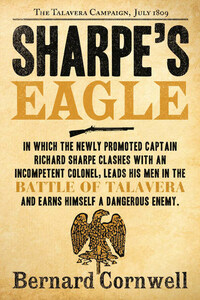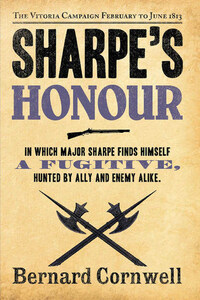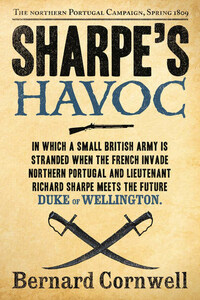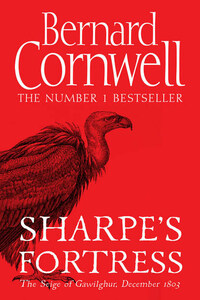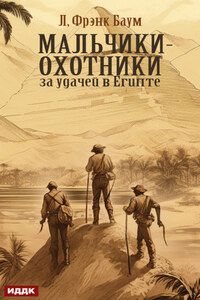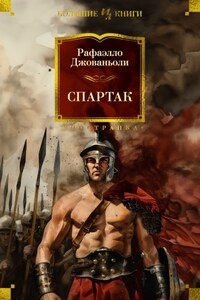This novel is a work of fiction.The incidents and some of the characters portrayed in it, while based on real historical events and figures, are the work of the authorâs imagination.
Published by HarperCollinsPublishers Ltd
1 London Bridge Street
London SE1 9GF
www.harpercollins.co.uk
First published in Great Britain by Collins 1981
Previously published in paperback by Fontana 1981
Reprinted twelve times
Copyright © Rifleman Productions Ltd 1981
Map © John Gilkes 2011
Bernard Cornwell asserts the moral right to be identified as the author of this work
A catalogue record for this book is available from the British Library
All rights reserved under International and Pan-American Copyright Conventions. By payment of the required fees, you have been granted the non-exclusive, non-transferable right to access and read the text of this ebook on-screen. No part of this text may be reproduced, transmitted, downloaded, decompiled, reverse engineered, or stored in or introduced into any information storage and retrieval system, in any form or by any means, whether electronic or mechanical, now known or hereinafter invented, without the express written permission of HarperCollins ebooks
HarperCollinsPublishers has made every reasonable effort to ensure that any picture content and written content in this ebook has been included or removed in accordance with the contractual and technological constraints in operation at the time of publication
Source ISBN: 9780007276240
Ebook Edition © JULY 2009 ISBN: 9780007338641 Version: 2017-05-06
âBernard Cornwell set out to create a character who was credible enough to go through many adventures and both Sharpe himself and his Irish sergeant, Patrick Harper, are excellent creations. To my taste, Sharpe is much more interesting than Flashmanâ
Financial Times
This was the first book I wrote, and it is the only book of mine that I have never dared go back and re-read. I still do not dare, for I am sure I would be horrified by the crudity of its writing, but I am constantly told by readers that it is one of their favourites.
It tells the story of the battle of Talavera, which occurred towards the beginning of the Peninsular War. It was not where I wanted to start the Sharpe series. I really wanted to begin with the tale of Badajoz (which turns up in Sharpeâs Company), because Badajoz is such an extraordinary and dramatic event, but I decided it would be a good idea to write a book or two before Badajoz, rather like a bowler warming up before he takes on the opening batsman. I had never written a novel before, never tried to write a novel before, and so Sharpeâs Eagle is where I was going to make all a beginnerâs mistakes, and where, if I was successful in my ambition to write a series of tales about the adventures of a British rifleman in the Napoleonic Wars, I was going to learn some of the tricks of the trade. One of the first things I learned was that Sharpeâs enemies, by and large, had to be British. I had thought, before I began writing, that the French would provide him with enemies enough, but the circumstances of war meant that Sharpe spent much more time with the British than with the enemy French, and if he was to be unendingly challenged, irritated, obstructed and angered then the provocations had to come from people with whom he was constantly associated. In time Sharpe is to meet many foul enemies, but few, I think, are as nauseating as Sir Henry Simmerson who, I seem to remember, becomes a tax inspector in his later career.
I said Sharpeâs enemies were British. In fact most of them, like me, are English, while his friends are often Irish. This arose from the happy fact that I had been living in Belfast in the years immediately prior to writing Sharpe and had acquired a fondness for Ireland which has never abated. It also reflected a truth that Wellingtonâs army was heavily recruited from the Irish, and indeed the Duke (as he was to become) had been born there. That was not a fact of which he was proud. âBeing born in a stable,â he once remarked, âdoes not make a man a horse.â The Duke was a difficult, cold and snobbish man who was also one of the greatest soldiers ever to take the field. Like Sharpe I admire him, but would not particularly wish to dine with him. His story, though, is intimately linked with Sharpeâs, which is to Sharpeâs good fortune. But Sharpe, if he is to make his reputation, must do it with action, rather than by his distant connection with the Duke, and there was no act more admired on a battlefield than the capture of an enemyâs standard. In Napoleonâs army those standards took the form of small statuettes of eagles â thus the bookâs title. I decided that if I was not to launch Sharpe against the great walls of Badajoz in his first adventure, then he should face another task just as impossible, and so I set him to capture an eagle. Poor Sharpe.
